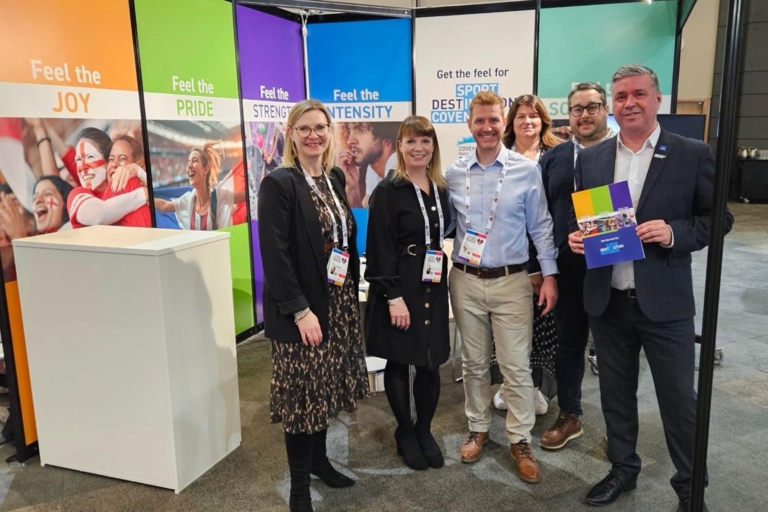Is there a Tier 2 Visa crisis? What does it mean for UK business?

For a record sixth consecutive month, the quota for Tier 2 General Visas has been met, leaving employers scrambling for solutions to get their skilled workers into the UK. Richard Devall, immigration partner at IBB Solicitors, discusses the potentially damaging implications for employers.
What is the Tier 2 Visa?
The Tier 2 (General) Visa route is for skilled workers who have been offered a job in the UK. There are 20,700 places available on this route each year. But between December 2017 to May 2018, the Home Office had more applications than monthly places. Since it was implemented by Theresa May in her role as home secretary in 2011, the allocation has only been exceeded once before December 2017. So why is the route now so oversubscribed?
The extent of the problem
The Campaign for Science and Engineering, following a Freedom of Information request, obtained figures from the Home Office revealing that 6,080 applications for Tier 2 Visas were turned down between December 2017 and March 2018. Of these refusals, 3,500 were for engineering, IT, technology, STEM teaching and medical roles, and professional services – despite the Government previously emphasising STEM and IT areas as crucial to the growth of the economy.
When presented with the figures, the Home Office responded: “It is important that our immigration system works in the national interest, ensuring that employers look first to the UK resident labour market before recruiting from overseas.” However, this argument holds little relevance given the requirement that the resident labour market test (advertising the position for 28 days in the UK to ensure that the role could not be filled by a worker already resident) be satisfied before applying.
Richard Devall
01865 207262
How is it affecting UK businesses?
Matthew Fell, the CBI’s UK policy director, argued that: “At a time when government is seeking to promote ‘global Britain’, deliberately restricting access to skilled workers from around the world is self-defeating.” It is businesses who take the strain when these cracks appear in the system, as they face increased financial burdens and are unable to operate with their full-strength workforce. Speculation is that the so-called ‘Brexodus’ is creating a higher demand for skilled workers, which cannot be fulfilled by those already resident in the UK. This time last year, workers needed an annual salary of £23,000 to have their application considered. This rose to £60,000 in March when there was a lower allocation of visas available, further increasing the strain upon UK businesses.
There seems to be no breaking of this vicious circle. The applications are made on a rolling basis, meaning unsuccessful applications will be reconsidered the following month. This only serves to increase the number of applications to be reviewed each month, as the unsuccessful applications are considered alongside the new, and the salary requirement continues to rise.
Is there a solution?
The consensus from commentators across the board is that the short-term solution is to exempt all PhD applicants and all of those in a position listed on the shortage occupation list from the cap (eg desperately needed nurses fall within the capped allocation). This would not only allow those with urgently required skills to begin their employment in the UK, but would also lessen the strain on the amount of applications being considered by the Home Office. In the longer term it will be imperative that the Government take these already critical problems into account when deciding on their post-Brexit immigration policy, if the UK economy is to prove its strength without the EU.
The executive director of the Campaign for Science and Engineering Dr Sarah Main said that the “figures show the scale of the problem and the urgency to find a solution. Across the country, businesses and public services are being blocked at the last hurdle from recruiting the people they need, including in health, engineering and tech, due to the visa cap. This leaves employers frustrated and the public poorly served.” The Government are left with little choice but to act – and quickly.












